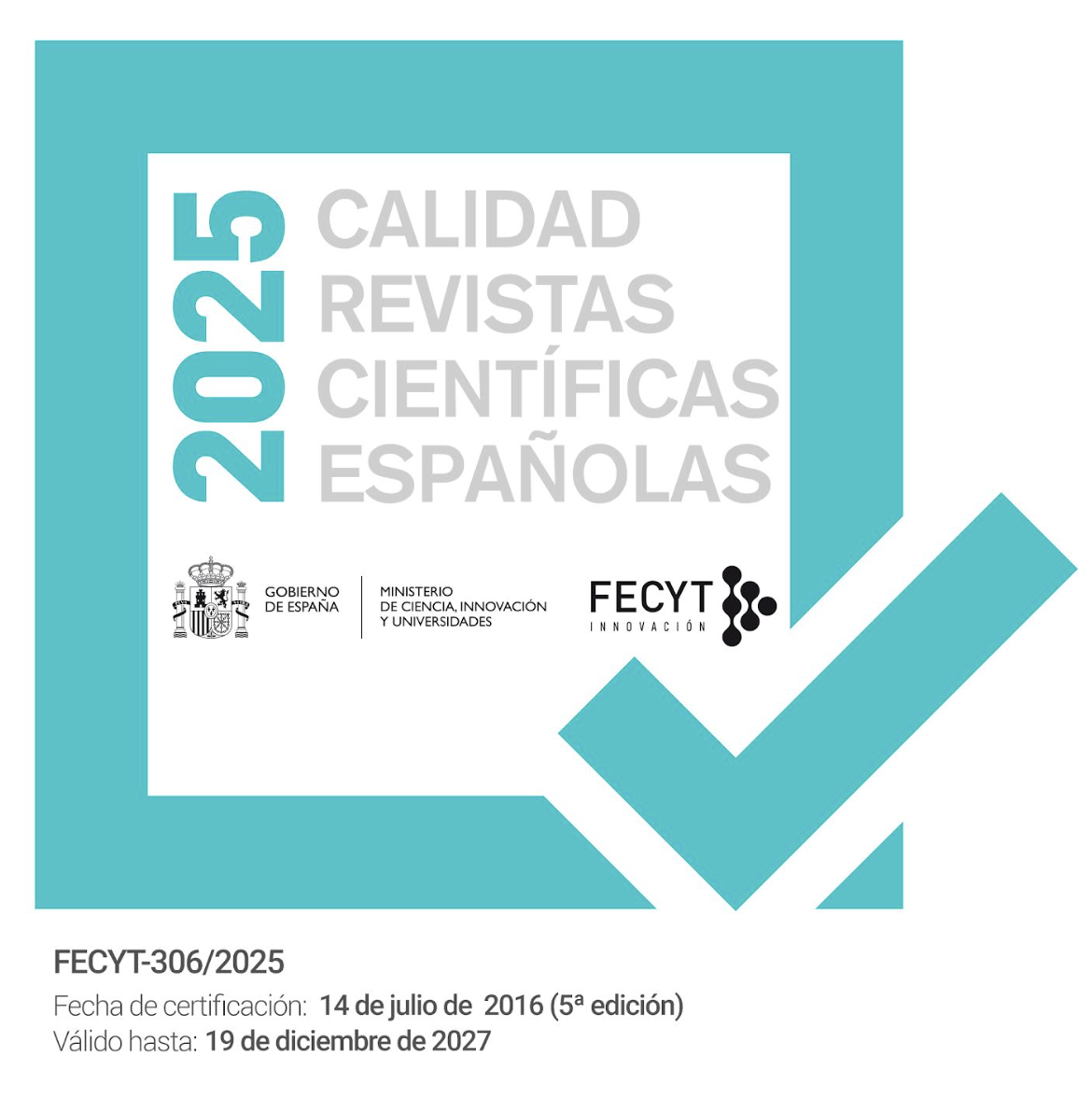Institutions and National Development: A Comparative Study
DOI:
https://doi.org/10.22325/fes/res.2016.1Keywords:
Institutions, development, organizations, qualitative comparative analysis, proactivityAbstract
We review the theoretical and empirical literature leading to the “institutional turn” in the economics of development. Sociologists have welcomed this turn as a vindication of their own ideas, but have overlooked two major shortcomings in the economics literature: First, a failure to define “institutions” rigorously and to distinguish them from the real-life organizations that they govern; second, a tendency to use nations as units of analysis in cross-national studies, neglecting intra-national differences. We tackle these limitations through a comparative study of institutions in Latin America and Southern Europe. In total, twenty-nine existing institutions were subjected to year-long study in six countries. Using Qualitative Comparative Analysis (QCA), we examine the combination of causes leading to institutionally adequate and developmentally effective organizations. Differences across countries and among institutions are highlighted and discussed. Implications of the complex causal set leading to effective developmental institutions, as identified by QCA methodology, are examined.Downloads
Published
2017-01-01
How to Cite
Portes, A., & Nava, J. C. (2017). Institutions and National Development: A Comparative Study. Spanish Journal of Sociology, 26(1). https://doi.org/10.22325/fes/res.2016.1
Issue
Section
Articles
License
In the event that your manuscript is accepted for publication in Revista Española de Sociología, it will be understood that the authors access to:
• The transfer of the copyright of the article to Revista Española de Sociología.
• The assignment to the Revista Española de Sociología of the rights of commercial exploitation of the article to third parties both in the offset and digital formats, as well as to the search engines and platforms that may serve as intermediaries for the sale or knowledge of the article.



